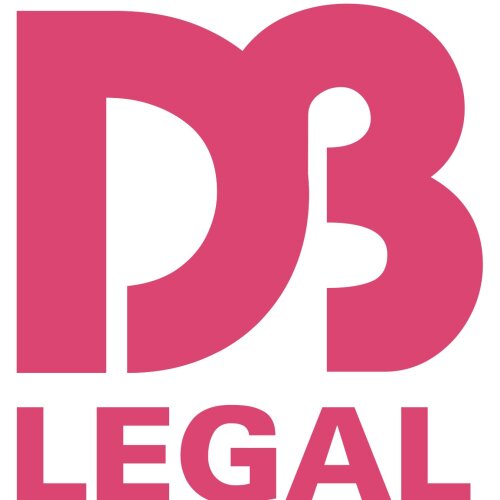Best Employer Lawyers in Da Nang
Share your needs with us, get contacted by law firms.
Free. Takes 2 min.
List of the best lawyers in Da Nang, Vietnam
About Employer Law in Da Nang, Vietnam:
Employer Law in Da Nang, Vietnam mainly revolves around the Labor Code which is adhered to nationwide. This code outlines the rights and responsibilities of employers, as well as sets protections for employees. The legislative framework encompasses diverse areas including but not limited to contracts, working conditions, wages, working hours, health and safety regulations, and disputes resolution. Despite the general nationwide framework, there might be certain regional interpretations and specificities applicable to Da Nang.
Why You May Need a Lawyer:
You may require legal counsel for a multitude of scenarios. This could include drafting employment contracts or company policies, ensuring compliance with local and national labor laws, dealing with employee disputes, understanding rules regarding layoffs, or addressing any case that may involve labor union. A lawyer can provide essential guidance in these situations, helping you navigate through Vietnamese Employer law and preventing potential legal issues.
Local Laws Overview:
The key aspects of Employer Law in Da Nang are largely influenced by Vietnam's Labour Code. The Code regulates maximum working hours - typically 48 hours per week excluding overtime, minimum wages, rules making up labour contracts, rules regarding probationary periods, and regulations surrounding the termination of employment contracts. Additionally, rules around insurance and social contributions both from employers and employees are provided. Understanding these rules is critical for both business owners and employees alike to ensure legal compliance and protection.
Frequently Asked Questions:
1. What are the mandatory requirements for an employment contract in Da Nang?
A valid employment contract in Vietnam must comprise information such as job description, working hours, break and leave terms, wages, locations of work and other necessary conditions. A labor contract has to be in writing and both parties should have a copy of the agreement.
2. Does Vietnamese law require employers to provide certain benefits?
Yes, Vietnamese law requires employers to participate in social, health and unemployment insurance schemes on behalf of their employees. Employers are also required to provide annual leave of at least 12 days for employees who have completed 12 months of service.
3. How can an employer legally terminate an employment contract?
An employer can terminate an employment contract basis certain circumstances such as underperformance, misconduct, or business restructure, among other reasons. However, specific procedures must be followed and it may require advance notice or severance pay, depending on the case.
4. What are the rules regarding overtime?
According to Vietnamese labor laws, the overtime should not exceed 12 hours a day, 30 hours a month, or 200 hours a year. Certain allowances are required to be paid to employees for any overtime work.
5. Can an employer reduce an employee's salary?
The reduction of an employee's salary is typically not allowed unless specified under the Labor Code. It is advisable to seek legal advice in such situations to understand the permissible actions in accordance with local law.
Additional Resources:
Helpful resources in understanding Employer Law in Da Nang, Vietnam may include the Ministry of Labor, Invalids, and Social Affairs (MOLISA), and the Vietnam Chamber of Commerce and Industry (VCCI). These organizations can provide more information about labor regulations and other relevant matters.
Next Steps:
If you need legal assistance in the field of Employer Law in Da Nang, it is recommended to reach out to a reputable legal firm with expertise in this area. They can provide specific advice tailored to your situation, help you understand your rights and responsibilities, and guide you through any necessary legal procedures. Always ensure to have clear communication and a mutual agreement on fees before proceeding with a legal service.
Lawzana helps you find the best lawyers and law firms in Da Nang through a curated and pre-screened list of qualified legal professionals. Our platform offers rankings and detailed profiles of attorneys and law firms, allowing you to compare based on practice areas, including Employer, experience, and client feedback.
Each profile includes a description of the firm's areas of practice, client reviews, team members and partners, year of establishment, spoken languages, office locations, contact information, social media presence, and any published articles or resources. Most firms on our platform speak English and are experienced in both local and international legal matters.
Get a quote from top-rated law firms in Da Nang, Vietnam — quickly, securely, and without unnecessary hassle.
Disclaimer:
The information provided on this page is for general informational purposes only and does not constitute legal advice. While we strive to ensure the accuracy and relevance of the content, legal information may change over time, and interpretations of the law can vary. You should always consult with a qualified legal professional for advice specific to your situation.
We disclaim all liability for actions taken or not taken based on the content of this page. If you believe any information is incorrect or outdated, please contact us, and we will review and update it where appropriate.
















